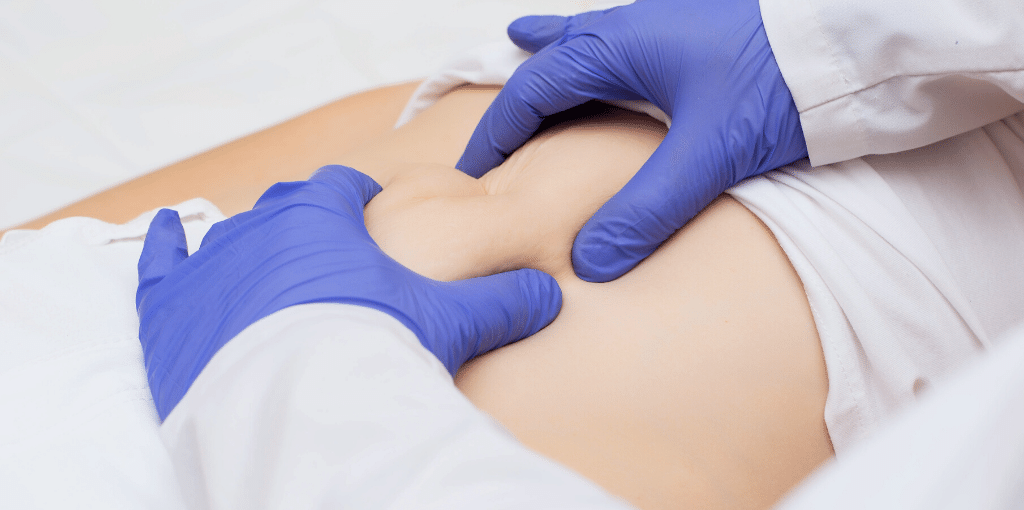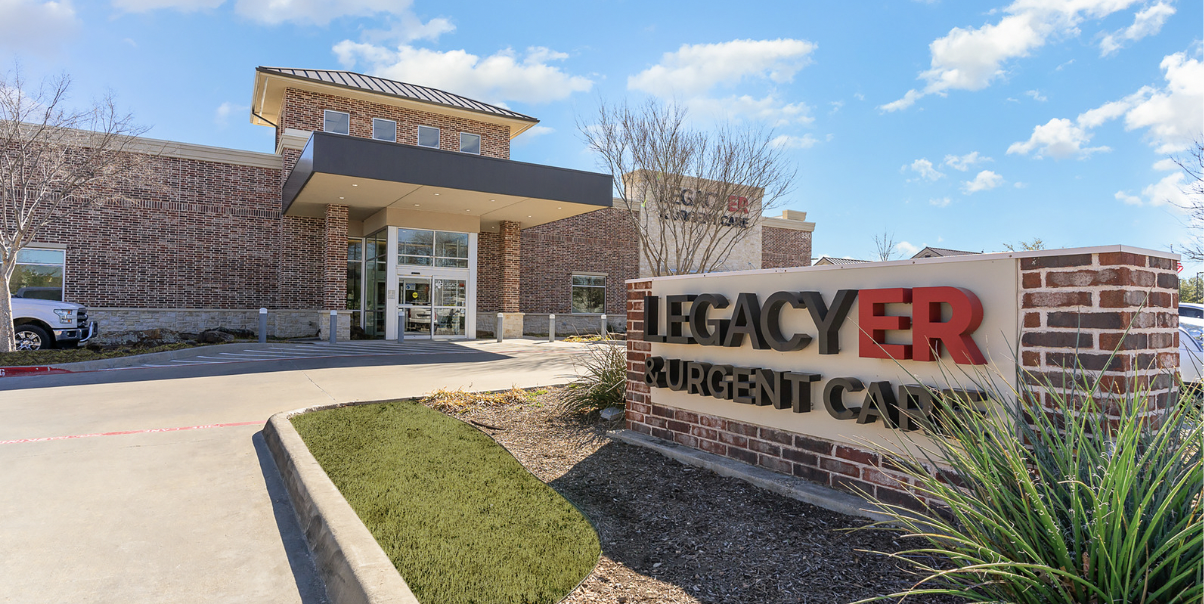Treatment for HernIa
- Category: Symptoms
- Posted On:
- Written By: Jay Woody

A hernia is quite common. Studies estimate that 15 out of every 1,000 males in the United States suffer from this. Just because it is common does not mean it cannot cause severe health conditions.
A hernia is a bulge in the abdomen or groin area. It is often painless, but sometimes it can cause discomfort. In serious cases, you can experience severe pain in the affected area.
The bulge happens when the muscular wall that keeps the organs intact, called the peritoneum, weakens or develops a hole. Because of that, the organs and other tissues can push through it, creating the lump. It can disappear when lying down and sometimes can be pushed back in.
Types of Hernia
The different types of hernia are identified by where they are located.
- Femoral Hernia – Mostly common in women, a femoral hernia is found right below the groin.
- Inguinal Hernia – The male counterpart of the femoral hernia is inguinal. It is a bulge found in the groin that can reach the scrotum.
- Umbilical Hernia – Also known as periumbilical hernia, this is found near the belly button.
- Hiatus Hernia – A part of the stomach that can push out of the abdominal cavity. That would go into the chest cavity through the diaphragm and cause a lump to form.
Past surgeries on the abdomen can also cause hernias located on the scar.
Causes of Hernia
There is no apparent reason for a hernia to happen. The risk of developing one increases with age due to wear and tear on the body. It also occurs more often with men than women.
Hernia can be congenital, which means it was present at birth or a child has a weakness in their abdominal wall.
Other potential things that can cause a hernia to develop include:
- Lifting heavy objects often weaken the muscle wall.
- Not getting enough nutrition.
- Persistent or constant coughing over a long period.
- Straining on the toilet due to constipation.
- An enlarged prostate.
- Smoking.
- Physical exertion during sports and exercise.
- Being overweight.
- Cystic fibrosis.
- Undescended testicles.
- Other physically demanding activities.
Three to six months after surgery is a risk factor for a hernia. Avoid doing physical and strenuous activities during this time to allow your body to heal up first.
Common Hernia Symptoms
A hernia is known as a lump or bulge on your abdomen. That is the first indication. In most cases, it is a painless swelling that presents no immediate health problem.
In severe cases, however, the patient can experience hernia symptoms, including extreme discomfort and pain that worsens when standing or lifting objects.
Aside from abdominal pain, other hernia symptoms you can experience include:
- Nausea
- Vomiting
- Cough
- Heartburn
- Difficulty in swallowing anything

How a Hernia Is Treated
When a person is not feeling pain in the hernia, the usual step is to watch and wait. It can sometimes resolve itself without medical intervention. However, that can be risky, especially for femoral hernias, since it can lead to bowel strangulation.
Your doctor can approach it by changing your diet, activities, and other habits that can exacerbate the condition. If the hernia does not get better, surgery is the next option.
Visit Legacy ER & Urgent Care for Complications With Hernia
Legacy ER & Urgent Care is here to meet your medical care needs by providing affordable pricing and quality care. As part of Intuitive Health’s innovative hybrid model ER and urgent care system, patients are only billed for the level of care they receive from professional and highly trained medical staff. With six facilities located in the Dallas-Fort Worth metroplex, emergent and non-emergent care are accessible and transparent, focusing on superb customer service.

Legacy ER & Urgent Care has six convenient locations in the DFW area:
- Allen – Legacy ER & Urgent Care is located at 1310 W. Exchange Pkwy Allen, TX 75013, and may be reached at 972-526-5819.
- Coppell – Legacy ER & Urgent Care is located at 330 S Denton Tap Rd Coppell, TX 75019 and may be reached at 469-702-9917.
- Frisco East – Legacy ER & Urgent Care is located at 16151 Eldorado Pkwy Frisco, TX 75035 and may be reached at 972-526-7009.
- Frisco West – Legacy ER & Urgent Care is located at 9205 Legacy Dr. Frisco, TX 75033, and may be reached at 972-526-7020.
- McKinney – Legacy ER & Urgent Care is located at 2810 Hardin Blvd McKinney, TX 75072 and may be reached at 972-573-6688.
- North Richland Hills – Legacy ER & Urgent Care is located at 8950 N. Tarrant Pkwy North Richland Hills, TX 76182, and may be reached at 817-663-1247
